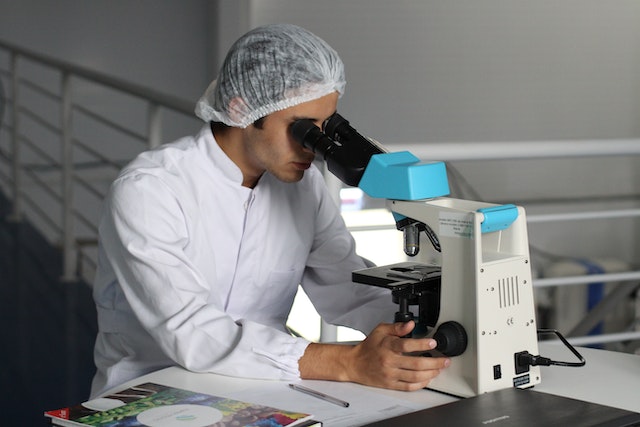Medical labs are constantly looking for ways to improve the quality of their results. In today’s world, technology is continuously evolving, and medical labs must keep up to provide the best possible service to their patients. As a result, many labs are turning to the latest technology in order to get the most accurate results.
This blog will discuss some of the latest trends in medical lab technology and how they are helping labs achieve better results.
1) Automation:
Automation has been a key factor in the advancement of medical lab technology. By automating various processes, labs can reduce human error and improve accuracy. Automated systems are able to detect minor errors or inconsistencies that may be overlooked by humans, helping to ensure accurate results. In addition, automation can help to streamline the workflow in a lab and make it more efficient.
2) Artificial Intelligence (AI):
AI is another technology being used in medical labs to provide better results. AI-based algorithms can identify patterns and anomalies that would be difficult for humans to spot on their own. This data can then be used to make decisions about which tests should be performed or how specific samples should be handled. AI also helps with diagnosis, allowing doctors to make more accurate diagnoses and provide better care for their patients.
3) Management Systems:
Clinical data management systems allow labs to store and analyse patient data more efficiently. These systems can help to reduce paperwork, streamline processes, and improve accuracy in the lab. By having access to all of a patient’s records in one place, doctors are able to make better decisions about treatment, which can result in better outcomes for their patients.
4) Genomics:
The study of genetics is opening up new possibilities in medical labs. By studying the genetic code of samples, laboratories can detect diseases or mutations that may be difficult to spot using traditional methods. This technology can help in identifying rare diseases as well as helping with diagnosis and treatment decisions.
5) Robotics:
Robotics is another area where medical labs are benefiting from advances in technology. For example, robotic systems can be used to automate sample handling and testing procedures, reducing human error and improving accuracy. They can also be used for repetitive tasks such as screening for infections or viruses. In addition, robotic systems are able to carry out tasks with greater speed and accuracy than humans, allowing labs to process more samples in the same amount of time.
6) Cloud Computing:
Cloud computing is becoming an increasingly important tool for medical labs. It helps to store data securely in the cloud and make it available from anywhere at any time. This allows labs to access patient records, analyse data and share results with doctors quickly and easily. Cloud computing also enables labs to scale up or down as needed, helping them keep costs low and maintain a high level of service.
In conclusion, medical labs are turning to the latest technology in order to get the most accurate results. Automation, artificial intelligence, data management systems, genomics, and robotics are all technologies that are proving beneficial for medical labs. By using these technologies, labs can improve their workflow, ensuring accuracy and providing better patient care.




